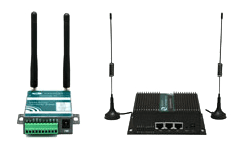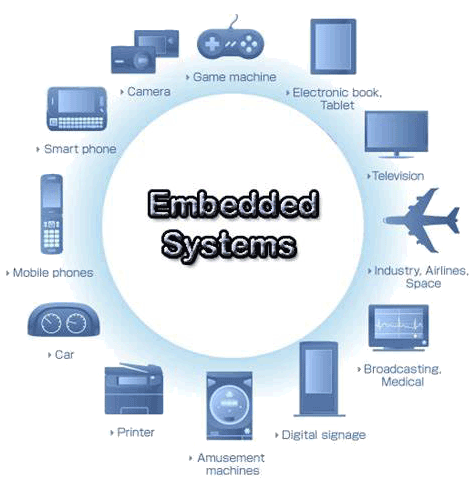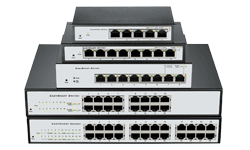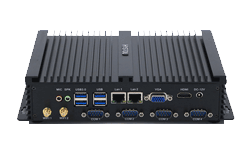What is the use of 5G modem?
High-Speed Internet Connectivity:
5G modems provide significantly faster download and upload speeds compared to previous generations of wireless technology (such as 4G LTE). This is beneficial for streaming high-definition video, online gaming, and other bandwidth-intensive applications.
Low Latency:
5G networks offer lower latency, meaning there is less delay between sending and receiving data. This is crucial for applications that require real-time interaction, such as video conferencing, augmented reality (AR), virtual reality (VR), and autonomous driving.
Increased Capacity:
5G modems can handle a greater number of devices connected to the network simultaneously. This is important in densely populated areas where many devices are trying to connect to the internet at the same time, such as in urban centers, stadiums, or during large events.
Enhanced Reliability:
With advanced technology, 5G modems provide more reliable connections and better performance even in areas with poor signal quality or interference.
Support for New Technologies:
5G modems enable the use of new technologies and applications that were not feasible with previous generations of mobile networks. This includes the Internet of Things (IoT), smart cities, and advanced industrial applications.
Mobility:
For mobile users, 5G modems enable high-speed internet access on the go, making it easier to stay connected while traveling or moving around.
Broadband Replacement:
In areas without reliable wired broadband internet, a 5G modem can serve as a primary internet connection, providing high-speed access without the need for cable or fiber infrastructure.
In summary, 5G modems are essential for leveraging the full capabilities of 5G networks, offering faster speeds, lower latency, increased capacity, and supporting a wide range of new applications and technologies.

 Networking
Networking EMBEDDED SYSTEMS
EMBEDDED SYSTEMS Switches
Switches Wireless Solutions
Wireless Solutions Industrial Computer
Industrial Computer Cloud Services
Cloud Services



